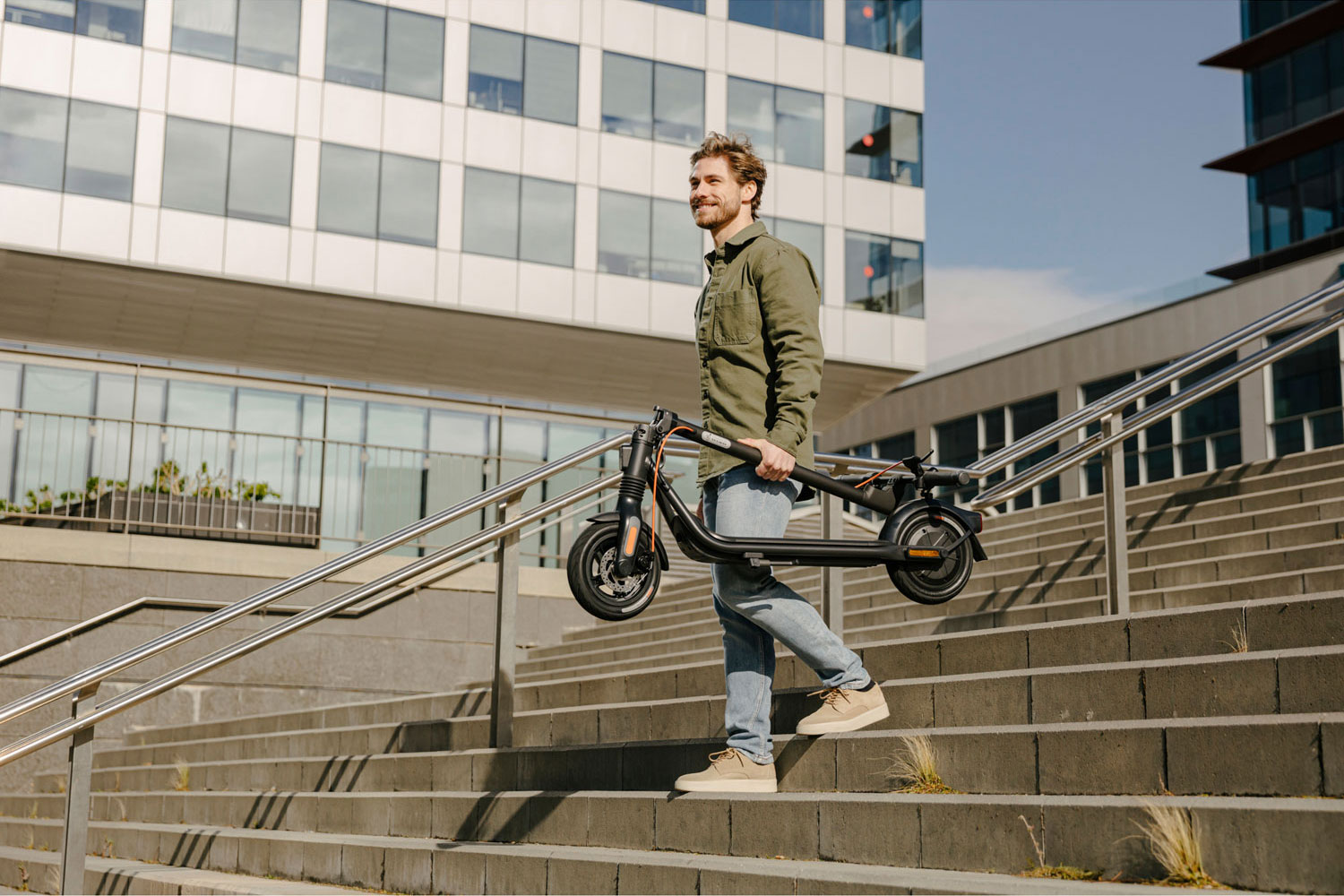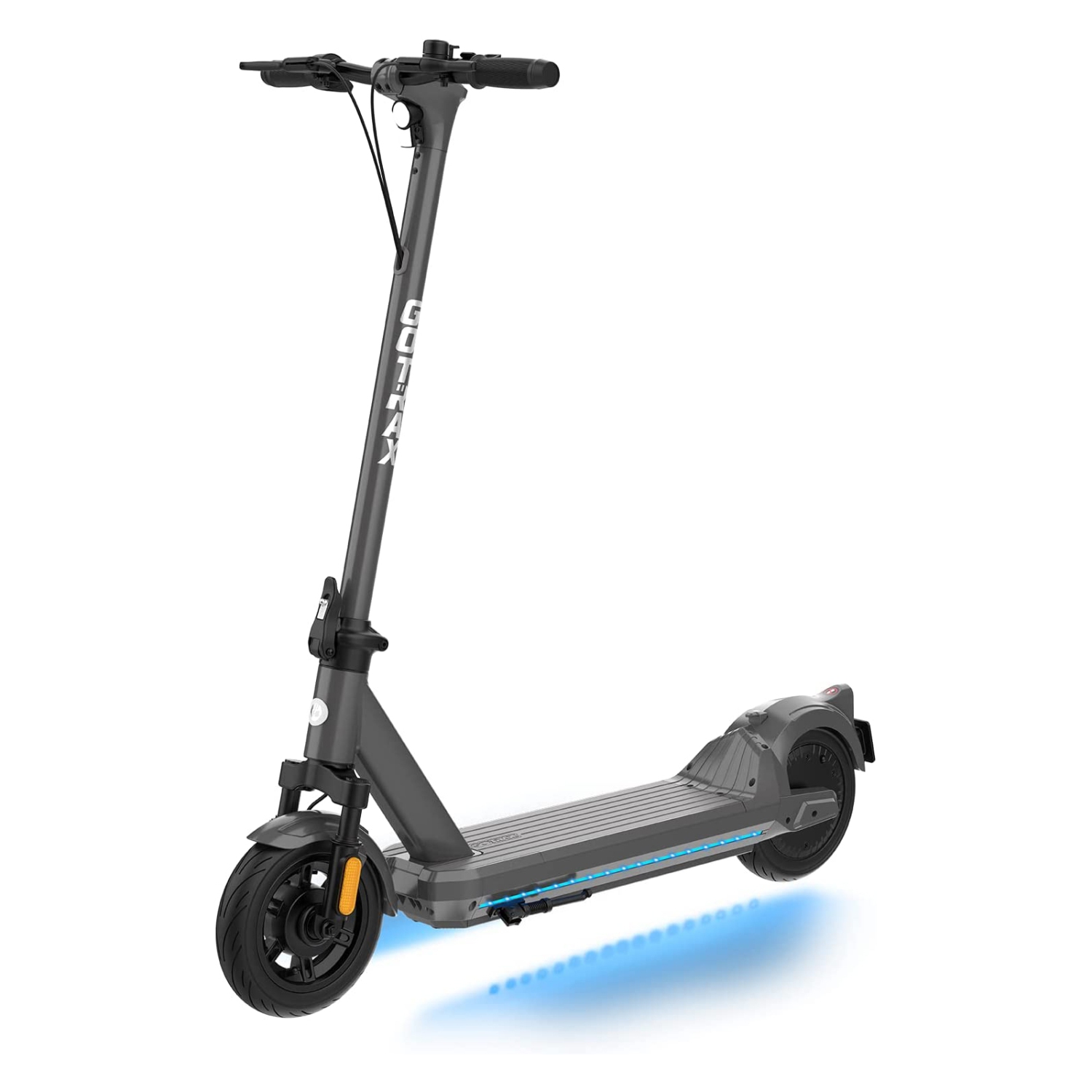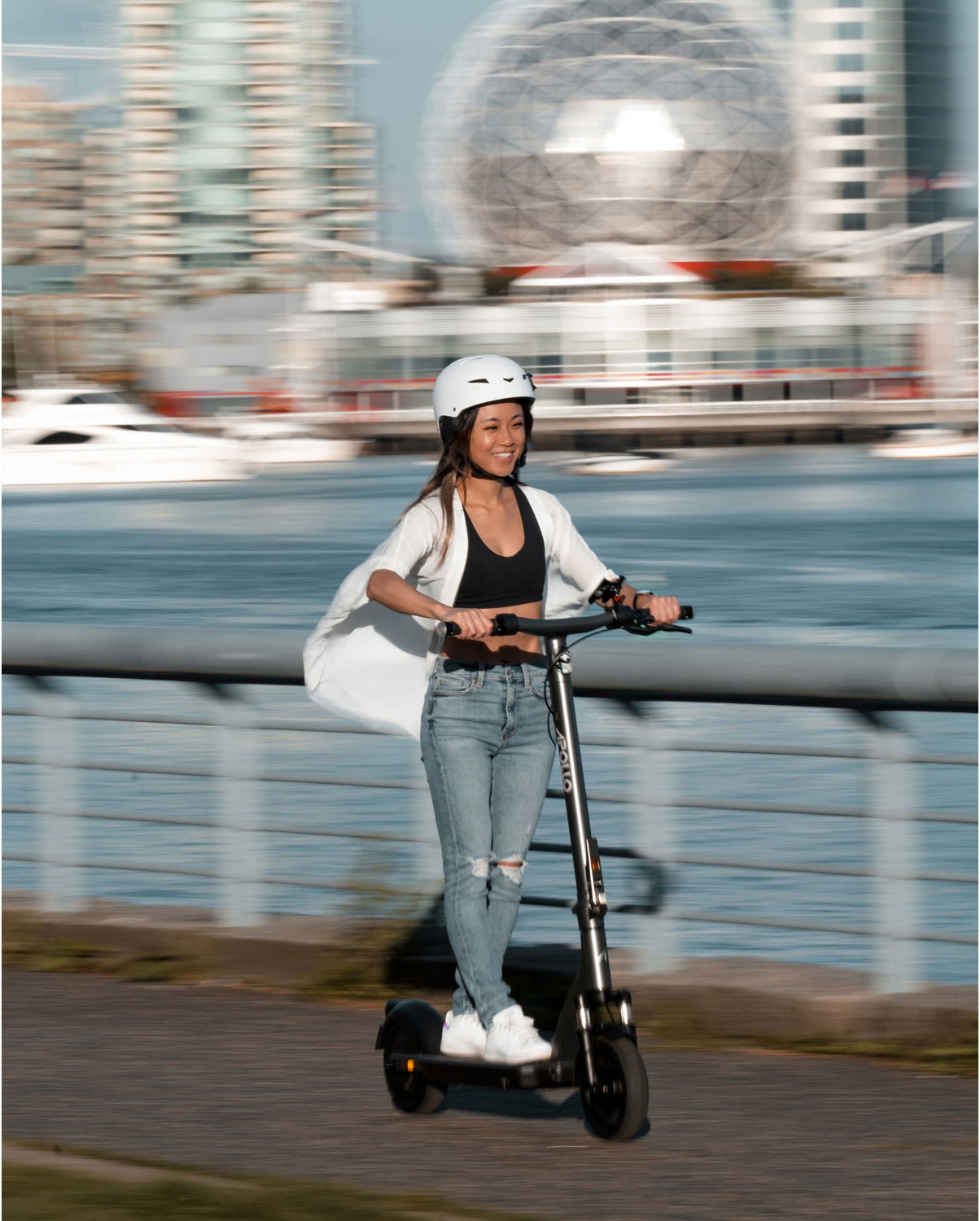
Electric scooters have become increasingly popular as a convenient mode of transportation. However, many potential riders wonder about the legal considerations of owning and operating an electric scooter. This article will address key questions about electric scooter legality, including licensing requirements and regional regulations, to help you make an informed buying decision.
Do you need a driver’s license for an electric scooter?
One of the most common questions is whether a driver’s license is necessary to ride an electric scooter. The answer varies depending on the location and the specific type of electric scooter. Generally, in many regions, a low-speed electric scooter does not require a driver’s license. These scooters typically have a maximum speed of around 24 km/h (15 mph) and are designed for short-distance travel.

However, faster models, which can reach speeds of up to 32 km/h (20 mph), might require a driver’s license, as they are considered more akin to motor vehicles. Always check your local regulations to ensure compliance and avoid potential fines. Electric scooter regulations can vary significantly across different provinces in Canada. It’s essential to stay updated with local regulations as they can change and may have specific requirements for electric scooters.
Ontario, for example, is currently running a pilot program through November 2024 that allows municipalities to determine rules about where an e-scooter can be operated and parked, and even if you need insurance to ride one.
Are electric scooters legal in Toronto?
In Toronto, electric scooters are currently allowed under a pilot program. This program sets out specific rules for their use:
- Age Requirement: Riders must be at least 16 years old.
- Helmet Use: Helmets are mandatory for riders under 18, but recommended for all riders.
- Speed Limits: Electric scooters are limited to a maximum speed of 24 km/h (15 mph).
- Designated Areas: Scooter can be used on cycling paths and multi-use trails but are not permitted on sidewalks or roads.
These regulations aim to ensure safety for both scooter users and pedestrians. It’s essential to stay updated with any changes to the pilot program, as regulations can evolve based on the program’s outcomes.
Key considerations for electric scooter owners

When considering purchasing an electric scooter, here are some key points to keep in mind:
- Local laws: Always check your local laws and regulations before buying and riding an electric scooter. Municipalities can have specific rules that vary widely.
- Safety gear: Regardless of legal requirements, wearing a helmet and other protective gear is highly recommended to ensure your safety.
- Insurance: Some regions might require insurance for certain types of electric scooters. Even if not required, having insurance can provide peace of mind.
- Scooter specifications: Make sure the scooter you choose meets all legal requirements for use in your area, such as speed limits and design features.
For more tips on selecting the perfect scooter, check out our e-scooter buying guide to help you make an informed choice.
Choosing the right electric scooter
Best Buy offers a wide range of electric scooters to suit different needs and preferences. Here are some categories to explore:
- Adult electric scooters: These scooters are designed for commuting and recreational use, offering various speeds and features.
- Kids electric scooters: Perfect for younger riders, these scooters are built with safety in mind and are typically slower and more manageable.
Here’s our article about best electric scooters available at Best Buy to find the perfect model for your lifestyle and ensure you ride safely and within the law.
By understanding the legal landscape and choosing the right scooter, you can enjoy the benefits of electric scooters while riding responsibly. Embrace the convenience and fun that electric scooters bring to your daily commute. Explore the full range of electric scooters available at Best Buy to find the perfect fit for your needs. Happy riding!





